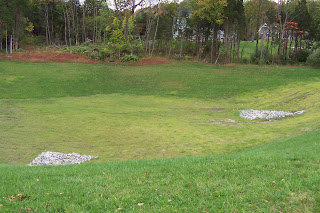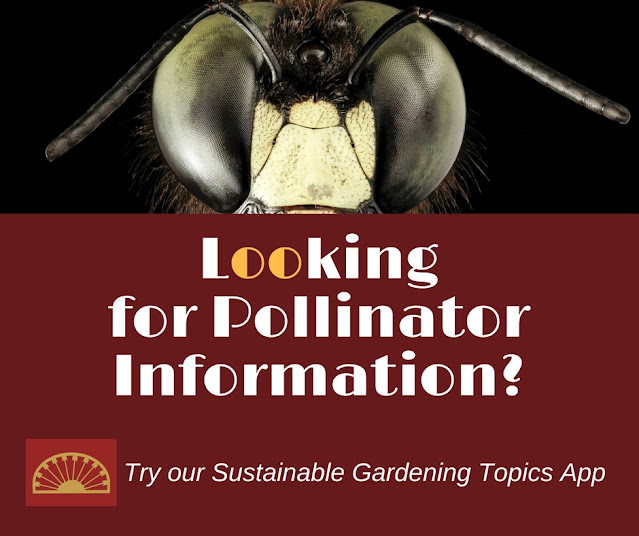Biodynamic Wine Farming – California Dreaming 3



Benziger Winery is not just another pretty vineyard. As we strolled around the visitor’s area waiting for our tour, I was immediately struck by the presence of fruit trees and huge clumps of lavender planted among the vine rows. This, we later learned was all part of their biodynamic farming process.
Biodynamic farming is a system of sustainable farming expounded by Austrian philosopher Rudolph Steiner in the 1920s, that goes one step beyond organic farming. The farm is viewed as a closed system in which all materials necessary, such as manure and animal feed are produced right on the farm, and all farm “waste” is recycled.
As it plays out at Benziger’s, the vineyard has a natural advantage for creating such a closed system: It is a bowl that is completely enclosed by mountains, with the Sonoma Mountain volcano (extinct) on one side. Variations in the natural soil compositions lend themselves to supporting a wide variety of grapes. After careful study, the Benzigers plotted out which grapes grow best where, so the vineyards are rather like a patchwork quilt.
A large, open garden sits on prime real estate at the center of the vineyard. This is the Insectory (top photo), where the goal is to re-establish the native insect population that preys on bugs that damage grapes. This completely eliminates the need for pesticides.
Only half of the vineyard’s 85 acres is planted in grapes. Elsewhere, woods, wetlands, pastures, two cows, and a flock of sheep provide other elements necessary for farming. This promotes diversity of animal, bird, and insect species that keep the farm’s environment in balance. Water used in the winemaking process is naturally cleaned and recycled. The vine rows are planted far enough apart for seeding and mowing with a tractor. While that cuts down on the number of grapevines that can be planted, it also allows Benziger to grow cover crops between the rows. During the grapes’ dormant season, sheep graze the cover crops (middle photo). Discarded grape skins, other vegetable matter, and cow and sheep manure all go into the natural compost that is used as fertilizer.
For those of us who are concerned about large, unsustainable, corporate farms, the Benziger family provides hope that some farmers still care enough about the land to treat it with the respect it deserves. They have put their money where their mouths are, not only in their own vineyards, but also by paying a cash incentive to subcontractor farmers who are willing to employ either organic or biodynamic methods.
Our visit to Sonoma wine country came to an end as we entered the great vault of wine barrels (bottom photo) stored in caves that have been dug out beneath the vineyard.

